Ever wonder how much airline pilots get paid? In this post, I want to look at that in a bit more detail, including how all of this is calculated (either for those who are considering a career as an airline pilot, or for those who are just plain nosy).
In this post:
As a kid I dreamed of becoming an airline pilot
I have huge respect for airline pilots. Back in the day, I wanted to be a pilot more than anything else in life, given how much I love flying. Until my early teens, I was absolutely convinced I wanted that to be my career.
Then one day to the next, a bit after 9/11, I decided I didn’t want to be a pilot anymore, at least not as my career. I loved flying every bit as much as the day before, and I feel like the act of actually flying planes never gets old, yet I figured it would be really demotivating. Why?
- At most major US airlines, all that matters is your seniority number, and I don’t think I’d like having a job where the most significant metric of my performance is the date I was hired
- It’s hard to switch between airlines without a huge pay decrease or quality of life sacrifice, so you’re very much at the mercy of whatever management team is running the airline at the time, and I wouldn’t sleep well knowing that
- Training to become a pilot is a huge investment (in terms of time and money), and it’s hard to know what the industry hiring landscape will be like when you’re sufficiently qualified to start applying for jobs; suffice it to say that the past few years were an amazing time to start looking for a pilot job, though the demand cycle is a bit past its peak at this point
- As much as I like travel, I’m not sure I’d want to commit to spending a large portion of my life away from home, with no flexibility to change that
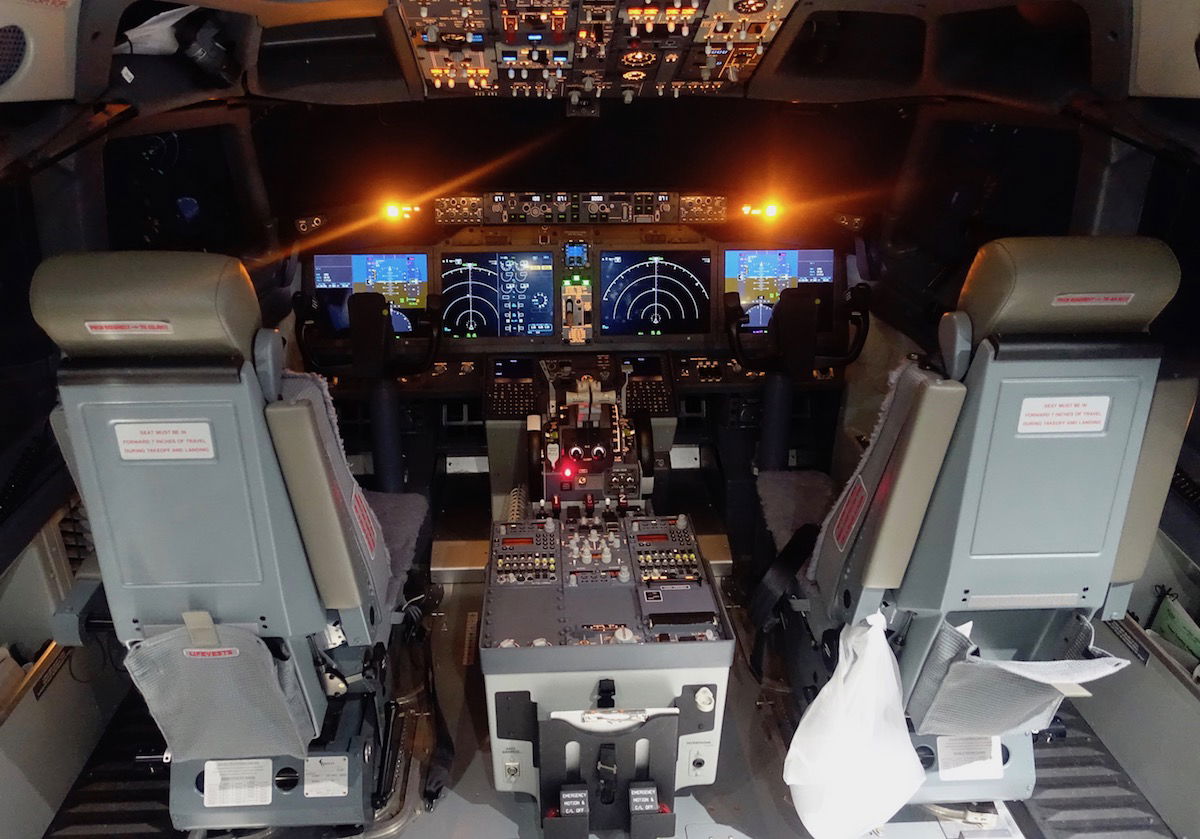
How much airline pilots earn, and how it’s calculated
If you’ve ever been curious how much airline pilots earn, there’s a fantastic resource that will tell you — airlinepilotcentral.com lists the pay scales for many airlines, including legacy US airlines, regional US airlines, cargo airlines, and many international airlines.
Generally speaking airlines pay pilots in one of two ways:
- On an hourly basis (most common at US airlines) — pilots are paid based on how many flight hours they rack up (when the door is closed), with some guaranteed minimum number of monthly hours, though this doesn’t include some additional pay if they pick up trips, for per diem while away from base, profit sharing checks, etc.
- On a monthly basis with some additional hourly pay (most common at foreign airlines) — pilots are paid a base monthly amount, and then get a smaller variable amount that reflects the hours they fly, how long they’re away from home, etc.
Regardless of the scale, pay typically varies based on whether you’re a captain or first officer, which aircraft type you’re flying, and how long you’ve been in that position (with the pay scale increasing every year, up to a certain cap).
In the United States, airline pilots can fly up to 1,000 hours per year, so that comes out to roughly 80 hours per month. Those hours will rack up very differently depending on the types of planes and routes you’re flying:
- A United pilot flying the San Francisco to Singapore route wouldn’t even be able to operate that trip three times in a month
- Meanwhile if you’re operating regional routes, hours rack up much more slowly, given all the time between flights, during boarding, etc.
For example, below is Delta’s hourly pilot pay scale.
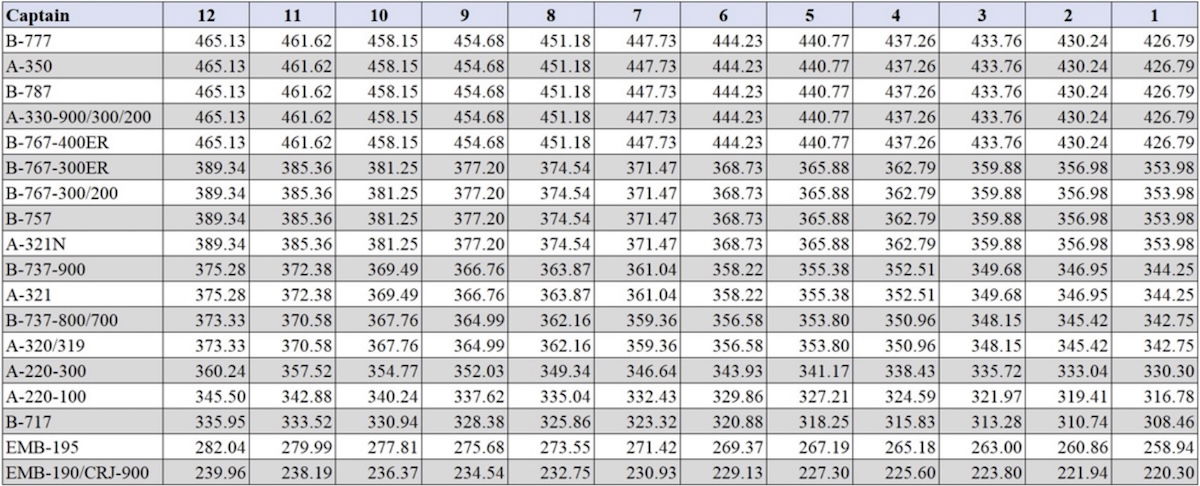
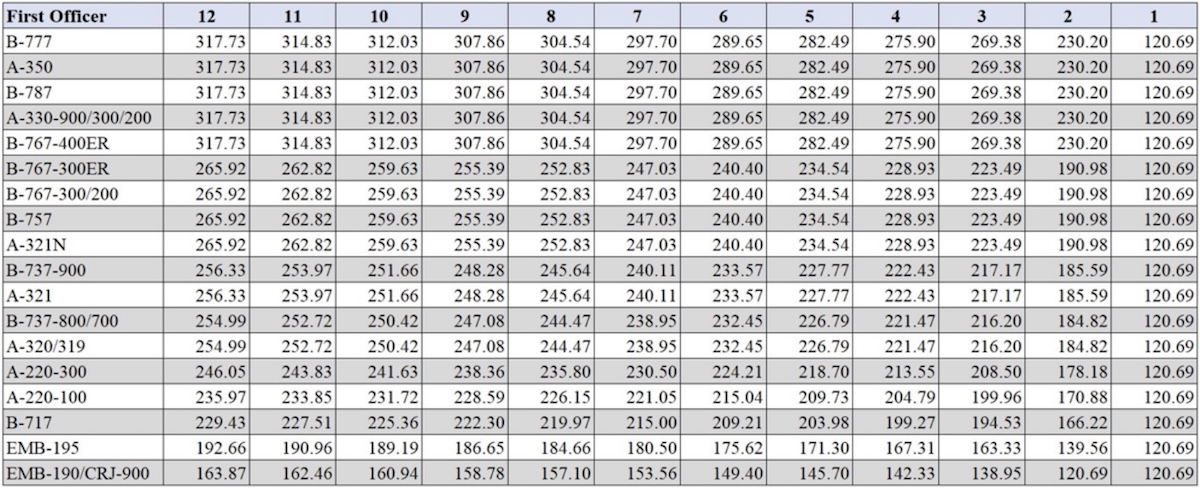
If you want to very roughly calculate annual take home pay, just add three zeroes to the end, since pilots can fly up to 1,000 hours per year. Note that in reality, pilots generally fly closer to 800-900 hours per year, but they also have some extra pay opportunities, ranging from per die pay, to bonus pay for picking up trips, to profit sharing. In other words, a first year Delta first officer could earn ~$120,000, while a senior wide body captain could earn ~$465,000.
Given Delta’s roughly 10% profit sharing for last year, I’d imagine that some very senior Delta captain made around $500K, if not a bit more (if they strategically picked up trips with extra pay).
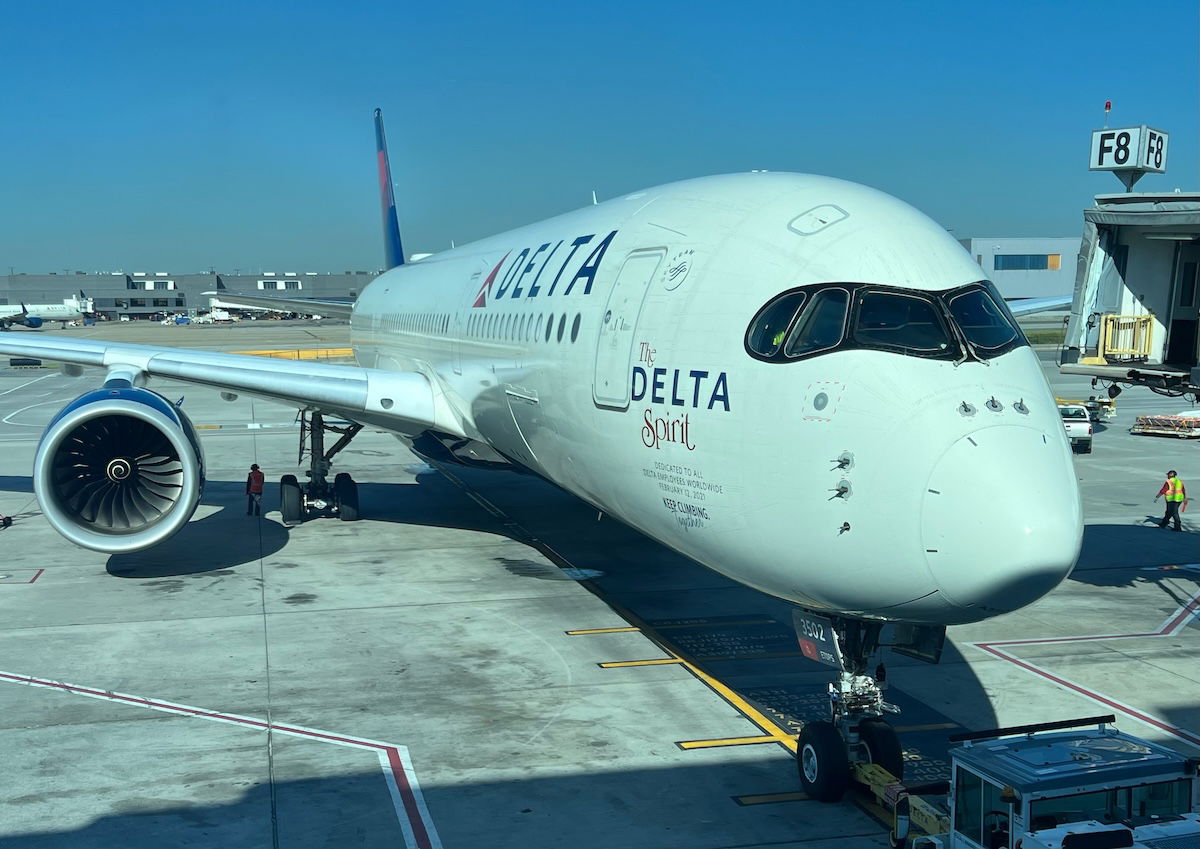
Note that for long haul flights with relief pilots, pilots get their hourly pay for the entirety of the flight, even when resting. So when we’re talking about ultra long haul flights with four pilots, hours rack up pretty quickly, even if pilots spend half the flight sleeping.
Regional pilots used to be paid horribly, but have seen huge pay increases in recent years, following the pilot shortage. For example, below is Endeavor Air’s hourly pilot pay scale (Endeavor is Delta’s wholly owned regional subsidiary).


In other words, a first year Envoy Air first officer could be making ~$103,000, while a senior captain could be making ~$222,000. Let me emphasize that most pilots will go to a legacy airline before staying that long at a regional, and for most pilots, they’re not quite working 1,000 hours per year.
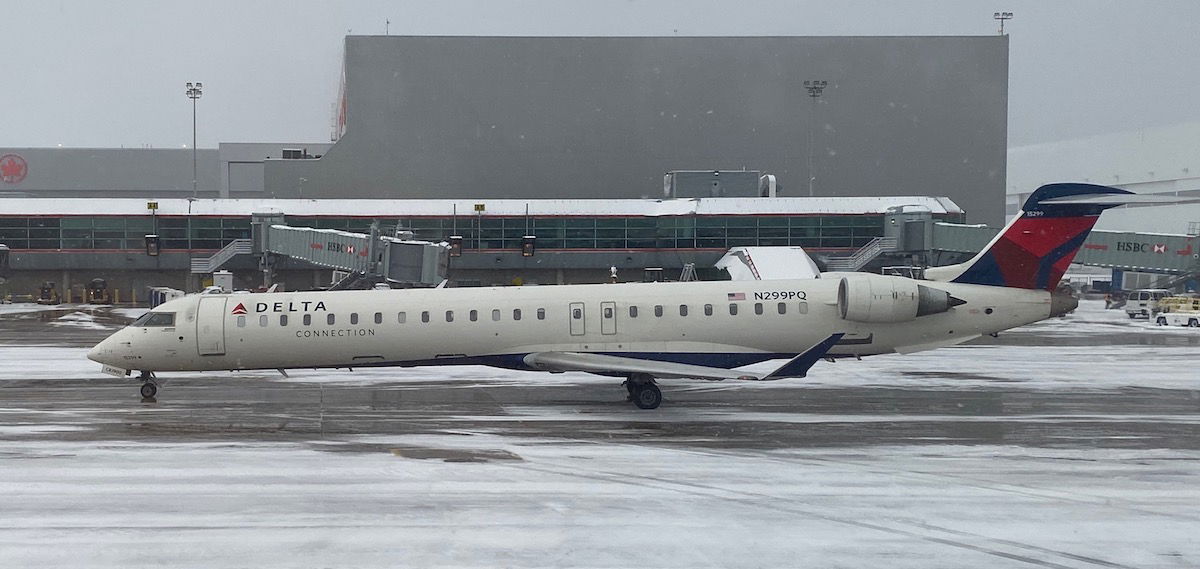
To take a look at a different kind of pay model, below is Emirates’ monthly pilot pay scale.
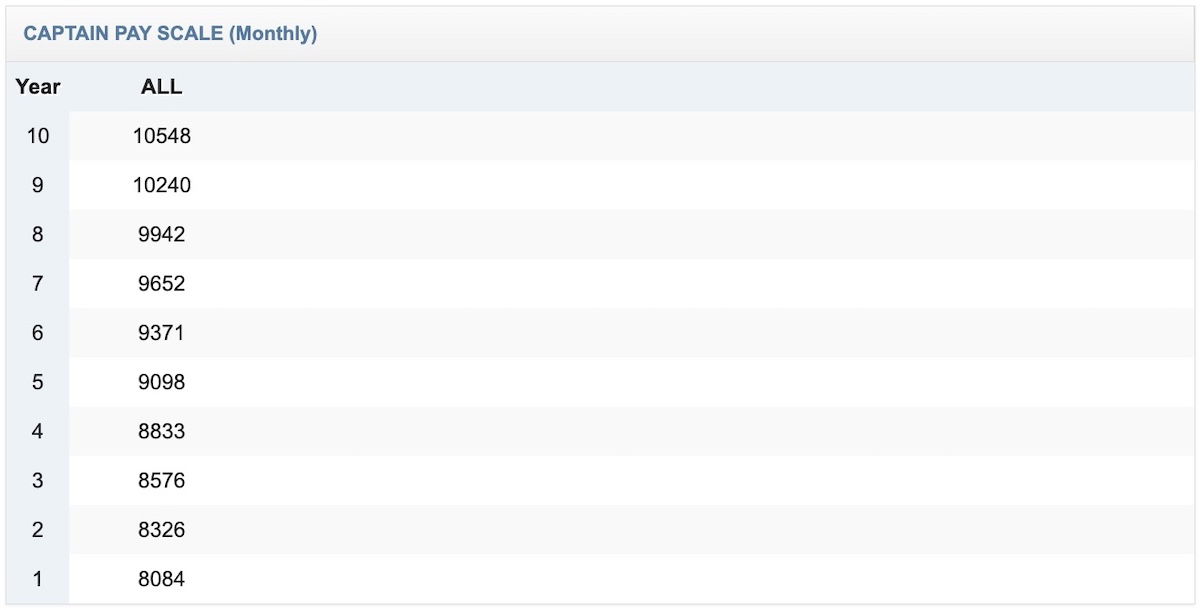
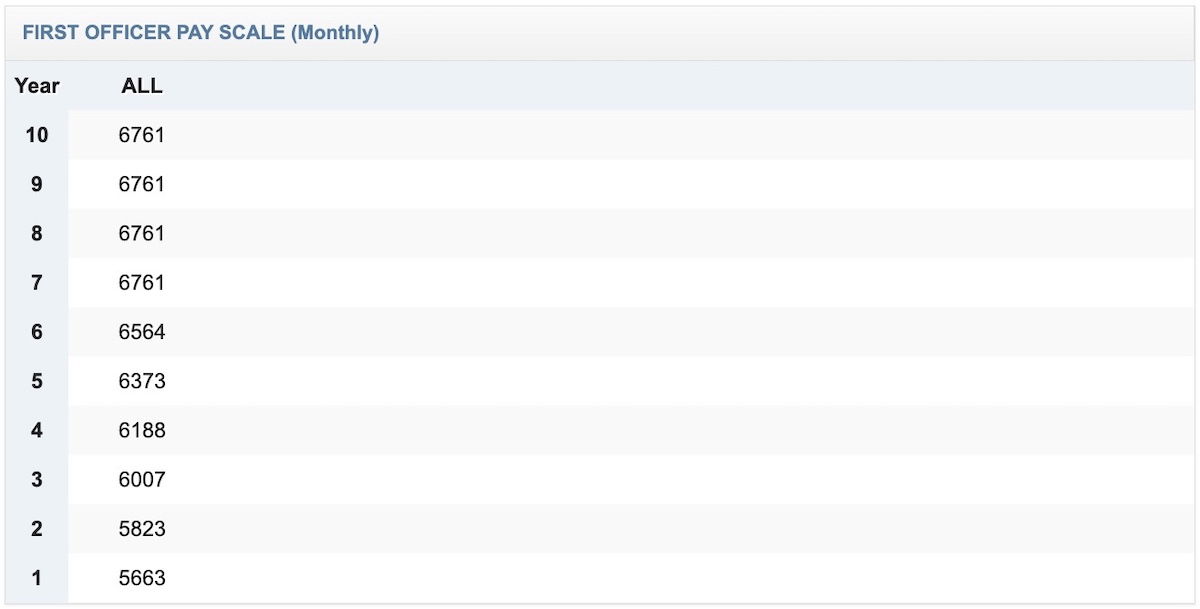
Pay is the same regardless of whether you fly the 777 or A380. As you can tell, the most senior captain would earn $126,576 per year. However, this doesn’t include:
- Flight time pay, where a captain earns another $16.26 per hour for every hour they’re flying, so figure that’s another ~$16,000 per year
- A per diem, which is based on the cost of three local meals a day at the destination you’re flying to (so for a ~24 hour trip to New York, that’s an extra $100)
- Living in the UAE is tax free, unless you’re a US citizen, in which case you’ll be taxed on part of your income (though the first ~$100,000 isn’t taxed, so that’s still significant savings)
- A very generous housing allowance
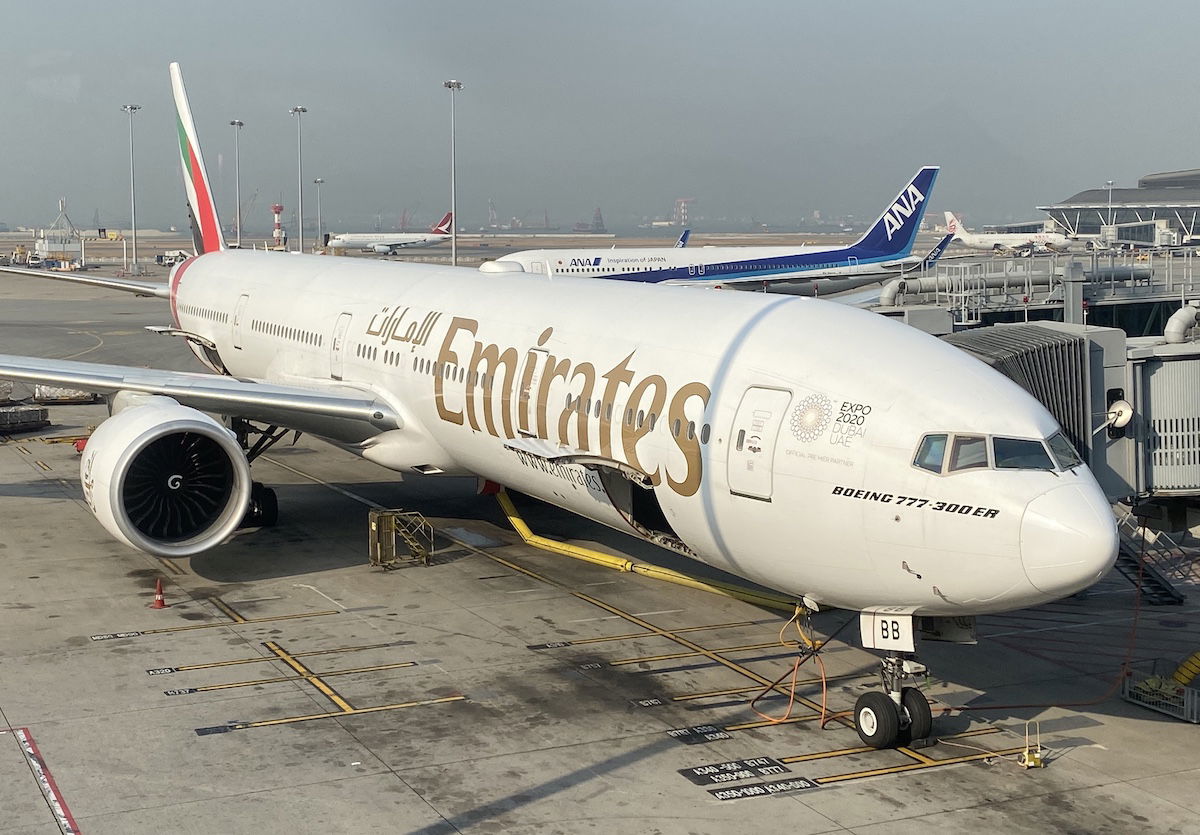
Let me of course note that I can’t personally vouch for the above numbers. It’s possible they’re not all totally up to date, but it does give you a general sense of what pilot pay is like, and the different models used to pay pilots.
The importance of airline pilot seniority
Based on the above, I’m sure some people wonder how it’s decided who gets to be captain vs. first officer, what plane you fly, etc. At least in the United States, the answer is seniority, which is the single most important metric that determines your “fate” at the airline.
Bidding based on seniority determines whether you’re captain or first officer, what type of plane you fly, and where you’re based. Then relative seniority compared to other people flying the same position on the same aircraft at the same base determines schedule preference.
The complexity of the above selection process means that there’s huge variance. For example, it’s possible that someone has been at a legacy airline for only two years, but is already captain. How? Well, they’re willing to move to an undesirable base (or commute there), and to have virtually no control over their schedule.
Then you might have some wide body first officers who have been at the airline for 20 years, but have no interest in getting a captain upgrade. Why? Well, it could be that they value the base they fly out, and they like being “senior” for their position, so that they have a lot of control over their schedule, can pick exactly which days they want off, can be home for as few days as possible, etc.
Heck, there are some husband and wife pilot duos where one is captain and one is first officer, and they intentionally plan it so that they’re very senior for their aircraft type and base, so that they can almost always travel together. That just gives you a sense of the possibilities.
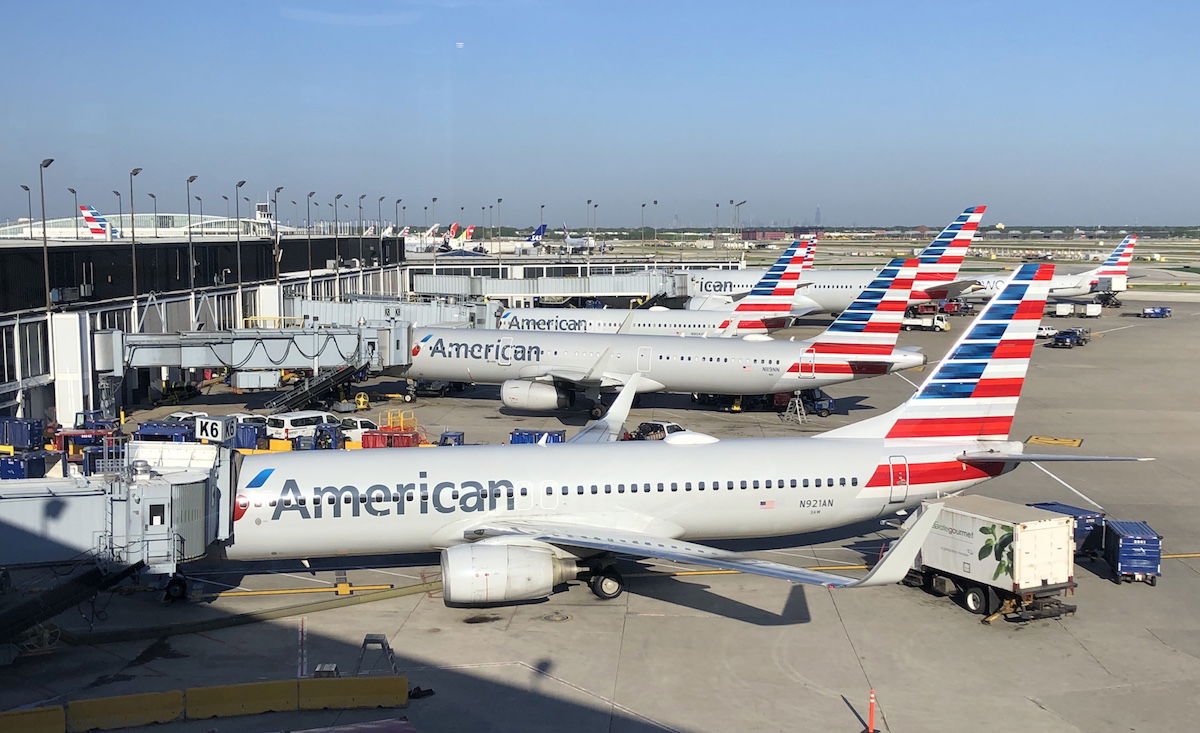
Bottom line
If you’ve ever been curious how much airline pilots make, the above is a very simplified rundown of how pay works and how much pilots earn. Pay comes down to whether you’re captain or first officer, the plane you’re flying, and how long you’ve been flying in that position.
Nowadays pilots are really well paid, and I’m especially happy to see that pay has increased considerably at regional airlines (several years back, regional pilots were hardly paid a livable wage).
On the high end, senior captains at US airlines may be raking in close to $500K per year. However, keep in mind that it took a very long time to get there, there have been lots of ups and downs, and they’ve spent a lot of time away from their families. Furthermore, most pilots don’t make nearly that much.
How does this compare to what you were expecting pilots earn?





I think the Emirates numbers are about 15 years old, they should definitely be on more than that by now.
Apropos of nothing, but a high percentage of the comments on this article are from Diamond members.
Lucky....love your blog, but
...........per DIEM pay, NOT per DIE pay!
Easy to fix.
Thanks,
I feel this is one of the reasons why US airlines can't provide a good quality of service like ME3 or Asian airlines.. The wage is too high. Almost all the employees at the US carriers are payed more than a double of those foreign carriers who save a lot from the wage and invest more on soft product.
US airlines can't sell tickets at higher prices than those carriers because they're competing, but...
I feel this is one of the reasons why US airlines can't provide a good quality of service like ME3 or Asian airlines.. The wage is too high. Almost all the employees at the US carriers are payed more than a double of those foreign carriers who save a lot from the wage and invest more on soft product.
US airlines can't sell tickets at higher prices than those carriers because they're competing, but their cost structure is a lot higher than them. This is also the same as why manufacturing business doesn't work in the US. Higher wage..
I’m not sure I would use the term “too high” given the high cost of living in the US, but yes, you are absolutely right. Paying people in the US costs business a much higher percent of their costs vs many other countries. Rightfully so in my opinion.
I'd definitely go as far as to say upper limits for the senior widebody captains is too high. Earning $465k gross is a LOT of money, even if you're living in NYC, Boston, Chicago, SF, or LA. Junior first officer at $120k to $220k for senior pilots for Envoy seems like a good range
FFS Arps if you’re going to troll, at least stick to one fake login.
I'm curious what the other factors are that prevent the majority of Pilots from targeting B777 / A350 level licenses so they get paid the most? Is there a glut of Pilots in that area making it harder to break into? Is it harder to get licensed, or considered harder to fly?
All transport category aircraft, CRJ/Embraer up to 747/A380 is flown is flown on the same ATP/ATPL licenses, so it’s not the license but the seniority at an airline that determines what aircraft type you get to fly
I thought you had be to licensed for a specific aircraft type (e.g. a 737 pilot could not also fly an A350 or B777) with exceptions for certain aircraft that share cockpit designs?
@Super— Pilot's need 'type rating' for each type of plane they fly. It's a specific license in all but name.
Simply put, in the US, when a pilot is senior enough to move up in types, and wants to, the company sends them to school for the type rating. At the company's expense.
Thank you!
Pilot training is expensive and it takes a while before a pilot salary pays back that spending. There's a lot of unpaid hours which adds up if there's a family involved. Wide body pilots do the best part constant long haul flying is hard on the body.
If a pilot chooses not live at a base (generally because of cost of living/quality of life) then there's difficult commuting involved. Not like your 30 minute drive to the office.
I missed your comment before asking my question (above), and this seems like a good answer for why wide body pilot may not be the most desirable option. As a passenger, I've always associated wide body planes as more glamorous than regional/narrow body. I guess it comes down to whether you'd rather do 2-3x exhausting long-haul roundtrips a month or more regular short-haul trips that don't tire you out.
Sounds like fair pay to me. Pilots have to go through expensive flight school and some of their wages are meant to pay retrospectively for that.
Let's take a moment to set a general benchmark for pay in the modern era. There are too many ignorant people who think $200,000 is a high salary for a standard twentysomething corporate office worker bee. That's actually the extreme bare minimum, and here's why. The financial rule of...
Sounds like fair pay to me. Pilots have to go through expensive flight school and some of their wages are meant to pay retrospectively for that.
Let's take a moment to set a general benchmark for pay in the modern era. There are too many ignorant people who think $200,000 is a high salary for a standard twentysomething corporate office worker bee. That's actually the extreme bare minimum, and here's why. The financial rule of thumb is to make at least 40x your net income in rent. A gross salary of $200,000 after tax is barely over $100,000. One-fortieth of that is $2,500. Go on Zillow/Streeteasy and search for apartments in NY or SF at that price. The listings are total and complete dumps. Even $3,500 affords a barely satisfactory studio apartment on the very outskirts of what can be considered a reasonable commute. The minimum satisfactory studio apartment is $4,500 for which the minimum comfortable gross salary is $360,000.
Tax, or telling facts, is obviously not your fake strong point.
At 200k in SF on NY you're looking closer to 130k after tax.
The general rule of thumb is actually 30% of GROSS monthly income. So by that rule of thumb, you’d need $180K annually to have 30% go towards $4.5K housing.
Second, the cost of flight training is significantly less than that of a lawyer or a physician- careers that have similar level earnings. You could pay $175/hr for 1,500 hours and pay an instructor $70/hr for 100 hrs to get all your licenses and instructing...
The general rule of thumb is actually 30% of GROSS monthly income. So by that rule of thumb, you’d need $180K annually to have 30% go towards $4.5K housing.
Second, the cost of flight training is significantly less than that of a lawyer or a physician- careers that have similar level earnings. You could pay $175/hr for 1,500 hours and pay an instructor $70/hr for 100 hrs to get all your licenses and instructing credentials and it would only then be comparable to what a doctor or lawyer pays in cost (not in time, though). There are of course better ways to get to 1,500 than just self-paying and we’re approaching a time of hiring where you might need more hours than 1,500 to get hired by a regional, but it is still cheaper to do than becoming a doctor or lawyer.
Third, the barrier to entry is also significantly lower. I can never step foot on a college or university campus and still make it to a legacy carrier as a pilot.
I hope you’re not actually a lawyer because the arguments you present in defense of US pilot pay are silly at best. The fact that a European pilot with a similar standard of living and cost basis makes significantly less than a US pilot doing the same work, is stupid in my opinion.
There will shortly be a pilot commenting about supply and demand. I’m not mad that unions have bargained for what they’ve got, I just think it’s to the peril of their companies to have labor costs that simply cannot be sustainable long-term. But cash in while you can, I suppose.
Those listings at those prices are for Manhattan. If you are concerned about pricing of accommodation, there are four other boroughs that make up NYC with more affordable prices.
Sounds like fair pay to me. Pilots have to go through expensive flight school and some of their wages are meant to pay retrospectively for that.
Let's take a moment to set a general benchmark for pay in the modern era. There are too many ignorant people who think $200,000 is a high salary for a standard twentysomething corporate office worker bee. That's actually the extreme bare minimum, and here's why. The financial rule of...
Sounds like fair pay to me. Pilots have to go through expensive flight school and some of their wages are meant to pay retrospectively for that.
Let's take a moment to set a general benchmark for pay in the modern era. There are too many ignorant people who think $200,000 is a high salary for a standard twentysomething corporate office worker bee. That's actually the extreme bare minimum, and here's why. The financial rule of thumb is to make at least 40x your net income in rent. A gross salary of $200,000 after tax is barely over $100,000. One-fortieth of that is $2,500. Go on Zillow/Streeteasy and search for apartments in NY or SF at that price. The listings are total and complete dumps. Even $3,500 affords a barely satisfactory studio apartment on the very outskirts of what can be considered a reasonable commute. The minimum satisfactory studio apartment is $4,500 for which the minimum comfortable gross salary is $360,000.
Wtf
New member, arps?
What a weird unhinged handle
"IH8GARYLEFF" Me Too! and there are a whole lot of people that do not agree with his agenda. He needs to be impartial like OMAAT who has shown that you cab be a Good Blogger and not push your ME agenda all the time. There are a whole lot of Good Arabs, Palestinians and Jews that do get along.